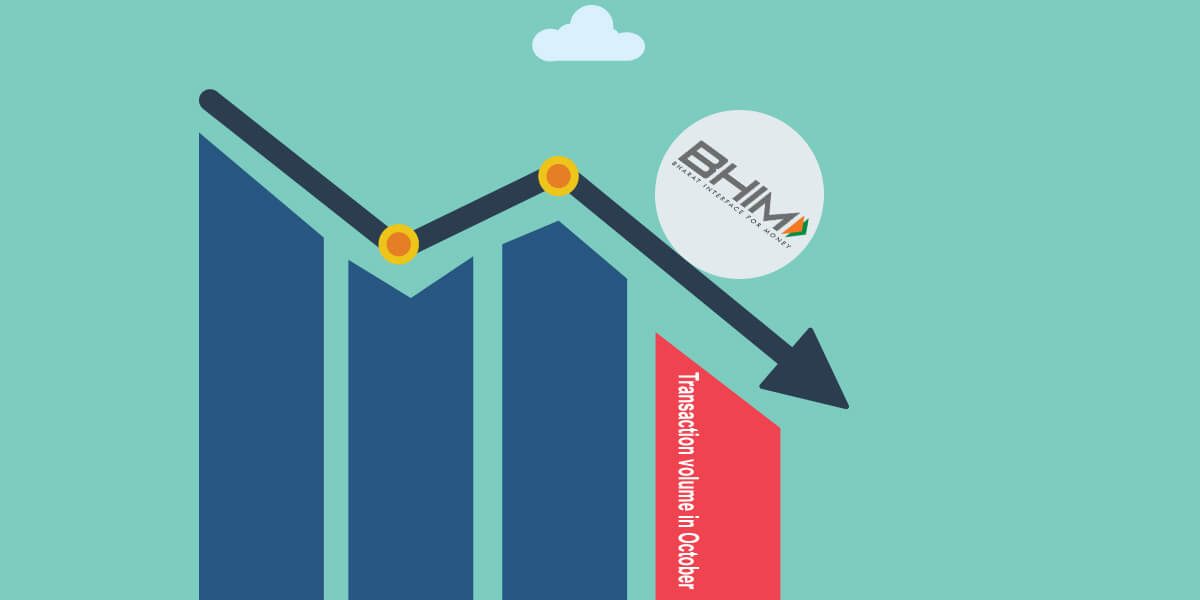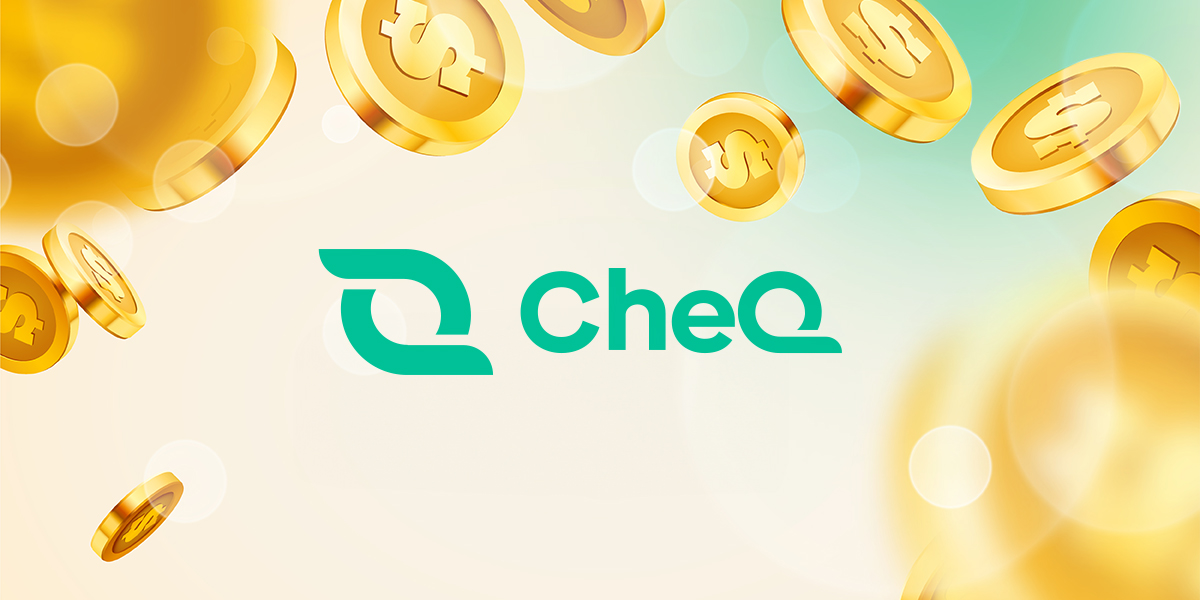Almost a year after demonetisation, when UPI transactions saw an increase of about 150 per cent in total transaction volume in October 2017, the BHIM (Bharat Interface for Money) UPI app transaction volume showed the growth of 10 per cent only.
As per recent NPCI data, total UPI transactions in October 2017 doubled to 76.96 million from 30.8 million in September 2017. At the same time, the BHIM UPI app transaction number stood at 7.6 million.
In October, the total UPI transactions accounted Rs 7,057.8 crore, the total amount transacted via the BHIM app was 2,348.7 crore, which is 33 per cent of the total transaction amount.
Currently, BHIM is live on 59 banks and has seen over 20 million app downloads.
A report by MediaNama pointed out, BHIM has remained almost stagnant month-on-month.
According to National Payments Corporation of India, in October 2017, number of transactions using BHIM slightly increased to 7.63 million from 7.6 million last month, while amount transacted showed a growth of 5 per cent from previous month.
The NPCI is the bank-owned organization that runs the Unified Payments Interface (UPI). UPI doesn’t allow wallets, in order to give banks a competitive advantage.
In September 2017, BHIM app witnessed a marginal increase of 0.8 million in the number of transactions from the previous month.
With a little growth in the number of transactions, the average amount per transaction for BHIM has been on the increase. In October 2017, the average amount per transaction was Rs 3,077.
The mobile payments market is growing rapidly in India. A report by Research and Markets found country’s mobile wallet market grew 48.85% during the period of four years (2012-2016). This growth was fueled by rising smartphone penetration, increasing mobile internet penetration and rising disposable income.
PhonePe and two new entrants — Google Tez and Paytm — are the other players in the UPI-enabled payment market. Launched in September, Google Tez claimed to clock 30 million transactions.













